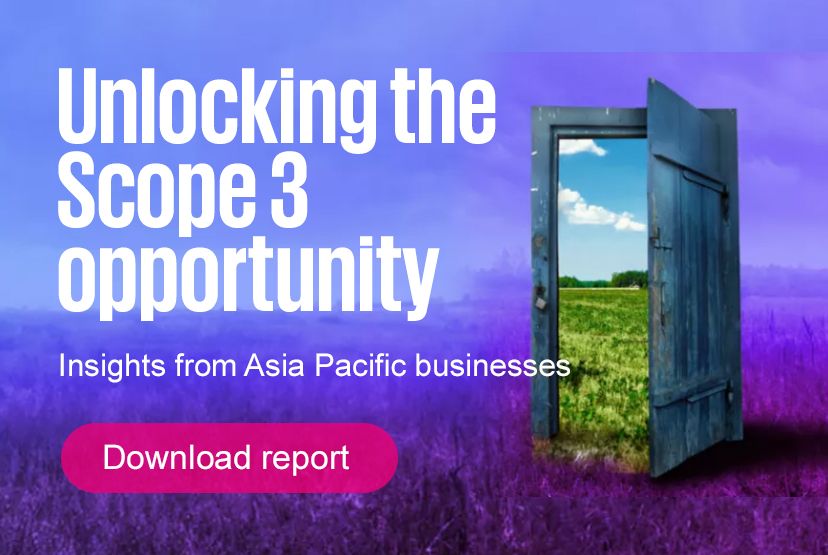As the realities of climate change become much clearer, organizations are increasingly expected to be accountable for their greenhouse gas emissions and carbon footprints. While efforts to track and measure Scope 1 and 2 emissions are well established, there is growing focus on Scope 3 emissions—those produced indirectly through an organization’s supply chain. In the pursuit of sustainability and compliance, reporting Scope 3 has gained significant attention in the Asia Pacific due to heightened ESG awareness, mandatory regulations and investor demands in the region.
Amid these regional developments, Malaysia has also showcased its dedication to sustainability by enhancing its regulatory framework for sustainability disclosures. Setting the International Sustainability Standards Board (ISSB) standards as a baseline, the development of the National Sustainability Reporting Framework (NSRF), alongside the Securities Commission (SC) and Bursa Malaysia's mandatory guidelines, underscores the importance of ESG information, including Scope 3 emissions, in their disclosures.
KPMG’s Unlocking the Scope 3 opportunity in Asia Pacific report, produced in collaboration with the Pacific Basin Economic Council (PBEC), explores the progress and challenges companies face with Scope 3 disclosure requirements. The report analyzes ESG reports from 338 companies across eight industries listed on six major Asia Pacific stock exchanges. Offering insights on ESG standards and best practices for measuring Scope 3 emissions, the report highlights that tackling Scope 3 emissions and reevaluating supply chains requires a foundation of transparency and accountability to foster resilience, especially as businesses navigate their journey towards net zero.






